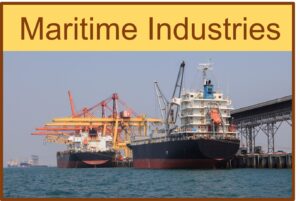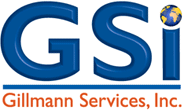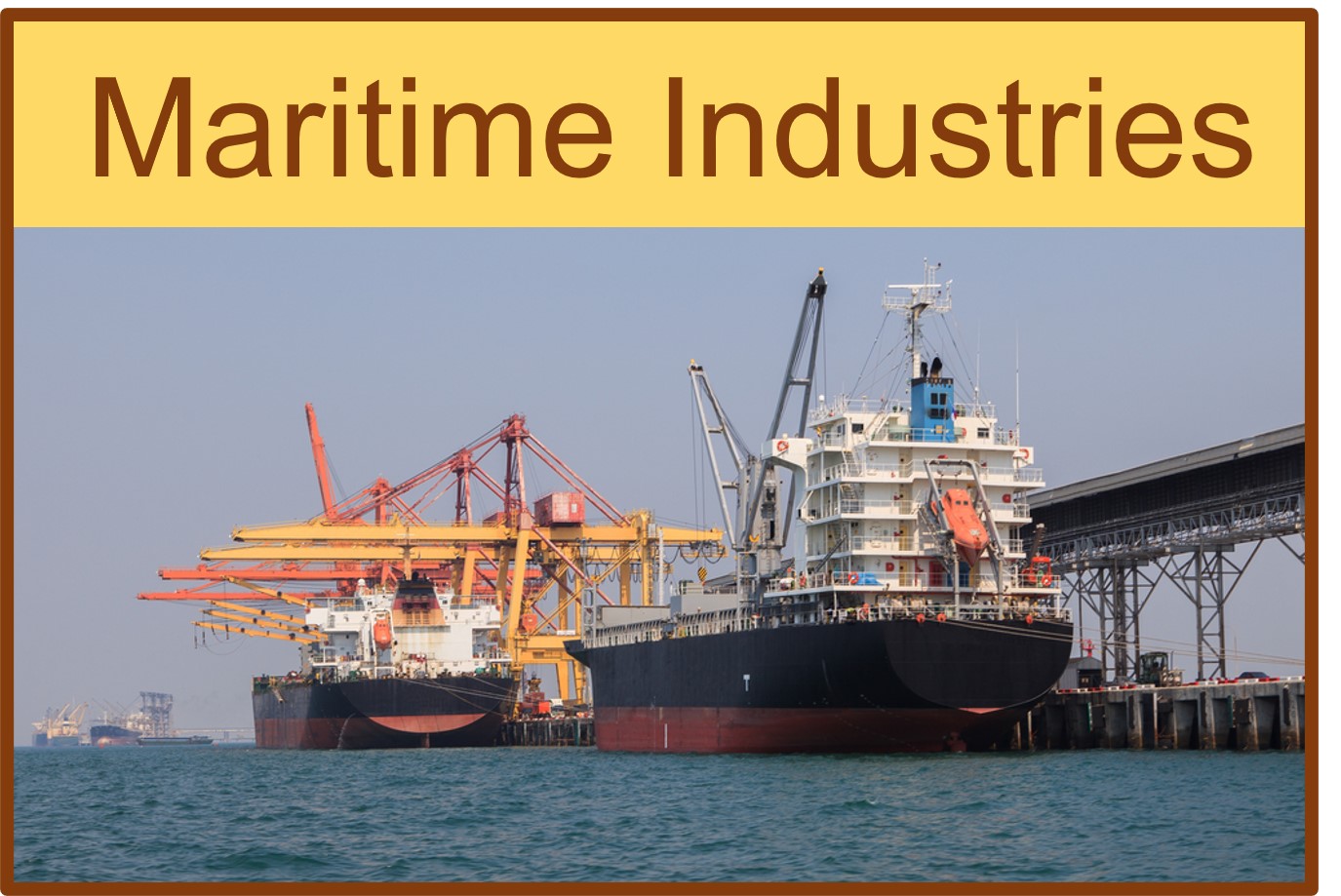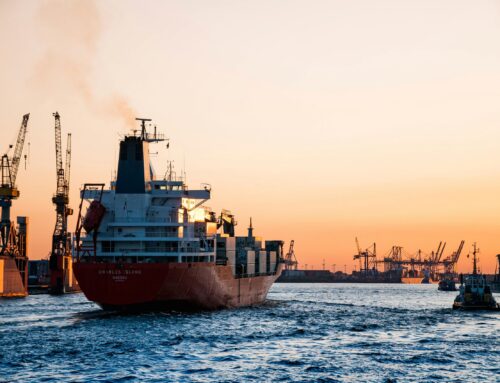 Marine industry management encompasses developing, constructing, maintaining, and managing marine resources, vessels, and infrastructure for industrial and recreational purposes. The maritime industry, a leading sector in the global economy, employs millions of people, including nearly 650,000 Americans. As the world population grows, the demand for maritime transport also increases. Therefore, it is vital to establish best practices that ensure sustainable resource management and efficient operations in the marine industry.
Marine industry management encompasses developing, constructing, maintaining, and managing marine resources, vessels, and infrastructure for industrial and recreational purposes. The maritime industry, a leading sector in the global economy, employs millions of people, including nearly 650,000 Americans. As the world population grows, the demand for maritime transport also increases. Therefore, it is vital to establish best practices that ensure sustainable resource management and efficient operations in the marine industry.
Best Practices for Marine Industries:
- Environmental Management: The marine industry impacts the environment enormously. Air, water, noise, and oil pollution contribute daily to planetary environmental stressors. Ships are responsible for more than 18% of certain air pollutants. Maritime management should prioritize ecological protection to manage the environmental impact of marine operations. Best practices should minimize emissions and employ sustainable waste management and recycling practices. Implementing international environmental standards, such as the International Maritime Organization’s (IMO’s) Marine Environment Protection Committee (MEPC) guidelines, will optimize environmentally friendly practices.
- Health and Safety: The marine industry is one of the most hazardous industries in the United States. According to the CDC, 87 maritime workers died on the job between 2011 and 2017—almost six times the fatality rate reported in other US industries. Accidents and health risks range from falls on deck to respiratory diseases caused by fumes, asbestos, heavy metals, and solvents. Therefore, health and safety should remain a priority. Management should train and equip all employees with the skills and equipment required to perform their daily tasks safely. In addition, the industry should adopt internationally recognized health and safety standards, such as the STCW Standard of Training.
- Training and Development: Training and development underpin an employee’s career growth and improve the efficiency and effectiveness of marine operations. Management should invest in training and development programs to enhance employees’ skills and knowledge. (Note: OSHA offers courses in 10- and 30-hour) Training programs should cover technical, management, and leadership skills. Management will encourage their workforce’s continuous professional development by maintaining a learning mode.
Gillmann Services, Inc. wants to help you grow and staff your maritime business. We specialize in skilled trades staffing. Contact Gillmann Services today and start growing your team.






